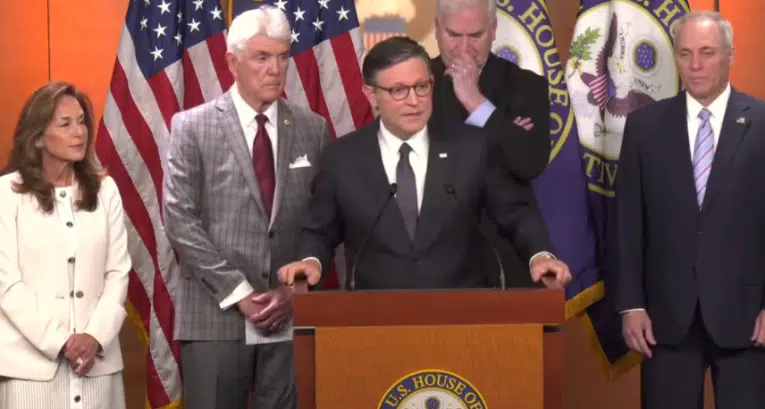By Rebekah Rast –
Americans might be celebrating New Year’s a little differently this year.
Unless Congress is able to compromise on big-ticket items like the expiring 2001 and 2003 tax cuts before Dec. 31, 2010, New Year’s resolutions will consist of more ways Americans can save money due to the tax increases.
So far the lame-duck session has done nothing to relieve the anxieties of individuals and businesses as to what they can expect for next year’s tax rates.
Since nothing has yet to be done, discussion on this issue is now postponed until after the Thanksgiving break. That gives Congress about a month to decide on these tax cuts before they expire come Jan. 1, 2011.
Both sides the aisle say they don’t want taxes raised for the middle-income class. But what about the wealthy, those individuals making more than $200,000 a year and those couples making more than $250,000 a year?
Some of the ideas for expiring tax cuts floating through the House and Senate Chambers are:
Obama’s agenda for the tax cuts. Simply put, he would like to extend the tax cuts for families making less than $250,000 and then let the rates expire on those families making more than $250,000.
The House is expected to move toward a vote in early December on extending the tax cuts only for the middle class in a single bill. Both House Speaker Nancy Pelosi and Senate Majority Leader Harry Reid are in support of this solo vote. Whether or not tax cuts for wealthy come into consideration for a vote is unknown.
Senate Minority Leader Mitch McConnell would like to see all the current tax cuts made permanent, but most Republicans are aware this idea will likely fail if it came up for a vote.
Others in Congress seem more willing to compromise in an effort to do something about the tax cuts before they expire. Sen. Joseph Lieberman (I-CT) mentioned in a Washington Post article, “‘I think there’s a reality here, which is that while it might be best to continue the middle-class tax cuts and raise taxes on higher-income people, the votes are not there to do that.’ He added that he would support continuing all the cuts for two years to avoid an across-the-board tax hike.”
For now, no progress has been made by Congress on the expiring tax cuts. Bloomberg reports that Congressional leaders will be meeting with Obama to discuss these tax cuts Nov. 30.
If no consensus is reached by Congress by Dec. 31, 2010, then it leaves a new Congress to tackle the issue, but not before an increase in taxes is seen across the board for every American family.
The Bloomberg article goes on to say, “Clint Stretch, managing principal at the consulting firm Deloitte Tax LLP in Washington, said expiration of all of the Bush tax cuts would add $2,600 annually to the tax burden of a median-income family earning about $70,000 a year.”
That’s not the kind of “Happy New Year” American families want to have.
This lame-duck Congress has its work cut out for it. Aside from the 2001 and 2003 tax cuts expiring, it still needs to finish up appropriations to prevent a government shutdown. Congress also needs to find yet another compromise on the unemployment benefits, which currently provide up to 99 days of support and begin running out for some Nov. 30. It came up for a vote in the House Thursday, but did not pass, as it needed a two-thirds majority.
“Congress needs to find a compromise, which should be to make permanent all the tax cuts, so the American people don’t have to suffer with the added burden of higher taxes,” says Bill Wilson, president of Americans for Limited Government (ALG).
Otherwise the dawning of Jan. 1, 2011, won’t be such a happy new year.
Rebekah Rast is a contributing editor to the Americans for Limited Government (ALG) News Bureau.






